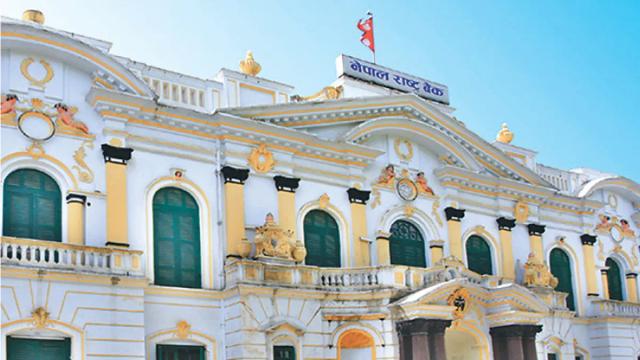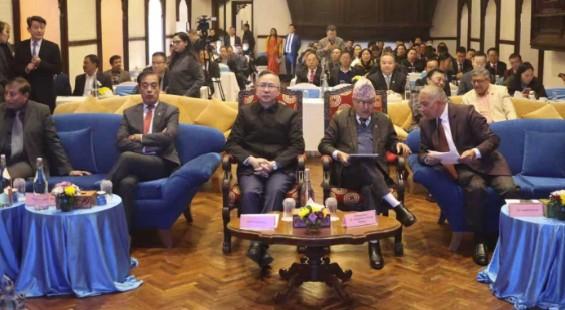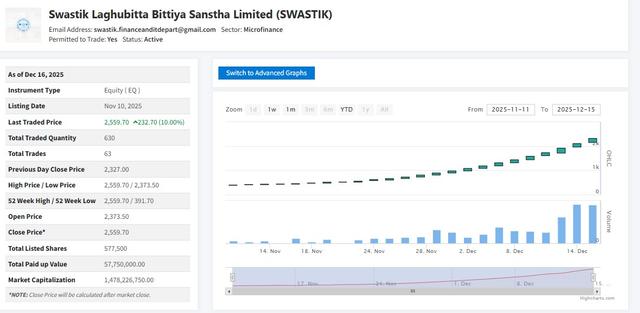Investigation Demanded into Home Ministers' Role in 2064 Labor Act Implementation and Visa Scandal
Author
Nepsetrading

Kathmandu, June 3, 2025 — Amid growing pressure from opposition parties over the controversial “visit visa” labor migration scandal, a high-level parliamentary committee has been proposed to investigate the alleged misapplication of the 2064 Labor Act. The focus is on determining the role and responsibility of home ministers who held office during this period. The scandal, which has shaken political and administrative structures, centers on claims of systemic failures and corruption related to the issuance of visit visas and illegal foreign employment.
Over the past 18 years, Nepal has seen 14 different individuals serve as Home Minister, many of whom now face scrutiny over policy decisions and administrative lapses during their tenure. The timeline begins with Krishna Prasad Sitaula in 2064 B.S., and extends to the latest ministers, including Ravi Lamichhane (2079-2080) and Narayan Kaji Shrestha (2080).
Here’s a chronological breakdown of Nepal’s Home Ministers over the last 18 years:
Krishna Prasad Sitaula (2064)
Bamdev Gautam (2065, 2070)
Bhim Rawal (2066)
Krishna Bahadur Mahara (2068)
Vijay Kumar Gachhadar (2068)
Madhav Prasad Ghimire (2070)
Shakti Basnet (2072)
Bimalendra Nidhi (2073)
Janardan Sharma (2074)
Ram Bahadur Thapa (2075)
Bal Krishna Khand (2078)
Ravi Lamichhane (2079-2080)
Narayan Kaji Shrestha (2080)
Ramesh Lekhak (2081)
This issue gained heightened attention after Khagraj Adhikari, who was recently removed from his position as Home Minister, became embroiled in allegations of allowing the misuse of visit visas to facilitate illegal foreign employment. The opposition has strongly criticized the government for its failure to control human trafficking disguised as labor migration.
Opposition leaders are now demanding an impartial and thorough investigation into the roles played by each of these home ministers, particularly regarding the enforcement—or lack thereof—of the Labor Act 2064. This Act was originally introduced to regulate foreign employment and protect Nepali workers, but critics argue that successive governments failed to implement it effectively, leading to thousands of Nepalis being duped by manpower agencies and sent abroad through illegal channels.
Public sentiment has grown increasingly vocal, with calls for accountability across party lines. The proposed high-level investigation committee is expected to review ministerial actions, administrative correspondence, and decisions taken during each tenure. Political analysts suggest that the probe may unearth deep-rooted issues in Nepal’s foreign employment framework and expose networks of political protection given to corrupt middlemen.
This comes at a time when Nepal faces mounting international scrutiny over its labor export policies and treatment of migrant workers. With millions of Nepalis working abroad, primarily in Gulf countries and Malaysia, foreign remittances make up a substantial portion of the national GDP. Ensuring transparency and accountability in labor migration processes is thus not only a legal imperative but an economic necessity.
As the debate unfolds, the public is now watching closely: Will this investigation hold the powerful accountable? Or will it be just another political distraction in the name of reform? The outcome of this probe could very well define the credibility of Nepal’s current leadership and its commitment to justice.



